Understanding Hunting and Wildlife Conservation
In movies, hunters are often depicted as the bad guys; just take a look at poor Bambi. However, reality isn’t nearly as black-and-white as this. The relationship between hunting and wildlife conservation is often misunderstood, with hunters actually standing as the bridge between humanity and nature. To truly understand this dynamic, we must dive into the heart of conservation efforts and the role hunters play in maintaining our wild spaces.
The Hunter's Ethos
At its core, hunting isn’t merely about the pursuit of the game. It’s about a deep, abiding connection to nature and appreciating the archaic world as it is. True hunters possess an intimate knowledge of the ecosystems they frequent and understand the delicate balance that exists in the wild. This connection fosters a profound respect for the land and its inhabitants, creating a vested interest in preserving these spaces for future generations.
Hunters are often the first to notice changes in animal populations or habitat conditions. Their observations can provide valuable data to wildlife biologists and conservationists, contributing to our understanding of ecosystem health. This firsthand experience often results in a concern for the overall well-being of the environment. After all, if you enjoy a sport so much, why not try hard to preserve everything you hold dear?
The Financial Backbone of Conservation
One of the most significant contributions hunters make to wildlife conservation is financial. Through the purchase of licenses, tags, and equipment, hunters inject substantial funds directly into conservation efforts. The Pittman-Robertson Federal Aid in Wildlife Restoration Act of 1937 is a prime example of how hunter dollars are funneled back into conservation.
This act imposes an excise tax on the sale of firearms, ammunition, and archery equipment. The funds collected are then distributed to state wildlife agencies for conservation projects, habitat restoration, and hunter-education programs. This system creates a direct link between the act of hunting and the preservation of wildlife habitats.
Moreover, many hunters contribute to conservation organizations beyond their required fees. Groups like the Rocky Mountain Elk Foundation, the Theodore Roosevelt Conservation Partnership, and Ducks Unlimited use member contributions to fund large-scale habitat restoration projects, benefiting not just game species but entire ecosystems.
Habitat Preservation and Management

Hunters have a vested interest in maintaining healthy wildlife populations and their habitats. This interest translates into tangible conservation efforts. Many hunting organizations purchase or lease land specifically for wildlife habitat. These areas not only provide space for game animals but also protect countless non-game species and preserve biodiversity.
Hunters also actively participate in habitat improvement projects. Whether it's planting native vegetation, creating wildlife corridors, or maintaining water sources, these efforts enhance the overall health of ecosystems. Such projects often benefit a wide range of species, not just those pursued by hunters.
Population Management and Ecological Balance
Regulated hunting plays a crucial role in maintaining ecological balance, especially in areas where natural predators have been reduced or eliminated. Without this management, certain species can overpopulate, leading to habitat degradation, increased disease transmission, and conflicts with human settlements.
For instance, in many parts of the United States, white-tailed deer populations have exploded due to a lack of natural predators. Overpopulation can lead to overgrazing, forest degradation, and increased vehicle collisions. Regulated hunting helps maintain these populations at sustainable levels, protecting both the deer and their habitat.
Education and Stewardship
The hunting community plays a vital role in educating the public about wildlife and conservation. Hunter education programs not only teach safe and ethical hunting practices but also instill a sense of responsibility towards wildlife and habitats. These programs often cover topics such as wildlife biology, ecosystem management, and the importance of conservation.
Furthermore, hunters often pass down their knowledge and respect for nature to younger generations, creating a continuous cycle of environmental stewardship. This transfer of knowledge helps ensure that future generations will continue to value and protect our natural resources.
Tips for Hunting Conservation

Hunting, when done responsibly, can play a crucial role in conservation efforts. Here are some tips to ensure your hunting practices contribute positively to wildlife management and habitat preservation:
- Follow regulations: Adhere strictly to local hunting laws, seasons, and bag limits. These are designed to maintain healthy wildlife populations.
- Practice ethical hunting: Only take shots you're confident will result in a clean, quick kill. This minimizes animal suffering and reduces the risk of wounding an animal without recovery.
- Use non-toxic ammunition: Switch to non-lead ammunition to prevent lead poisoning in scavenging animals and the environment.
- Participate in conservation programs: Join local or national hunting organizations that support wildlife conservation efforts.
- Report poaching: If you witness illegal hunting activities, report them to local authorities.
- Harvest selectively: When possible, target older or less fit animals to help maintain the overall health of the population.
- Minimize habitat disturbance: Stay on designated trails and be mindful of your impact on the environment.
- Properly dispose of waste: Pack out what you pack in, and properly dispose of animal carcasses to prevent the spread of disease.
- Support habitat restoration: Participate in or donate to projects that restore and maintain wildlife habitats.
- Educate others: Share your knowledge about responsible hunting and conservation with others, especially new hunters.
By following these tips, hunters can play an active role in wildlife conservation and ensure the sustainability of hunting for future generations.
The Role of Technology: Hunting E-Bikes and Conservation
As we look to the future of hunting and conservation, technology is playing an increasingly important role. Hunting e-bikes, like the Birch Grolar, represent a significant step towards more eco-friendly hunting practices. These electric bicycles offer several benefits that align with conservation goals:
- Reduced Environmental Impact: By using e-bikes instead of gas-powered vehicles, hunters can significantly reduce their carbon footprint and minimize habitat disturbance.
- Noise Reduction: Electric bikes are much quieter than traditional vehicles, reducing noise pollution in sensitive ecosystems and minimizing disturbance to wildlife.
- Increased Access: E-bikes allow hunters to access remote areas with less effort, potentially spreading out hunting pressure and reducing the overuse of easily accessible areas.
- Efficient Game Retrieval: The ability to carry more gear and retrieve game more easily can lead to more ethical and efficient hunting practices.
Go Green with the Grolar
As we face unprecedented environmental challenges, the role of hunters in conservation becomes even more critical. If you're passionate about preserving our natural world, consider how you can contribute to these efforts. Whether it's through responsible hunting practices, supporting conservation organizations, or adopting eco-friendly technologies like the Birch Grolar hunting e-bike, every action counts.
For those interested in combining their love for hunting with a commitment to environmental stewardship, the Birch Grolar offers an excellent solution. With its powerful dual motors, long-range battery, and robust design, it's built to handle the demands of hunting while minimizing environmental impact. By choosing such eco-friendly options, we can continue to enjoy our outdoor pursuits while ensuring the preservation of our wild spaces for generations to come. Ride further into the future with Birch.
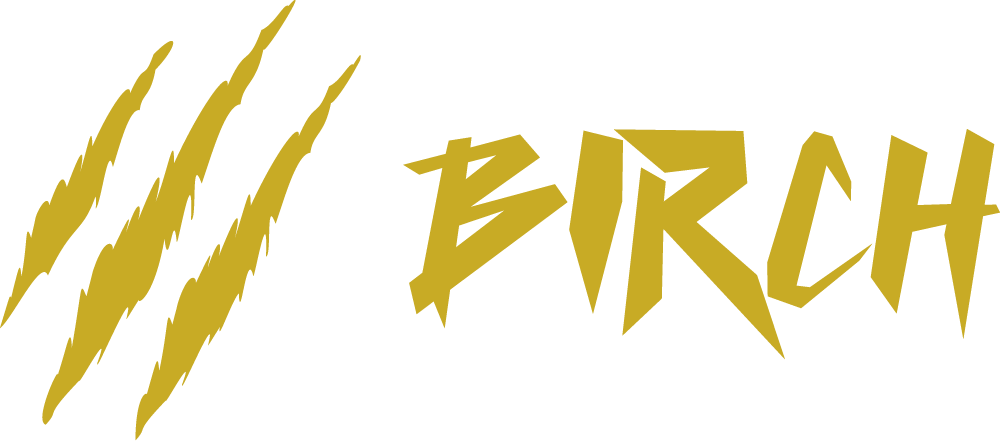

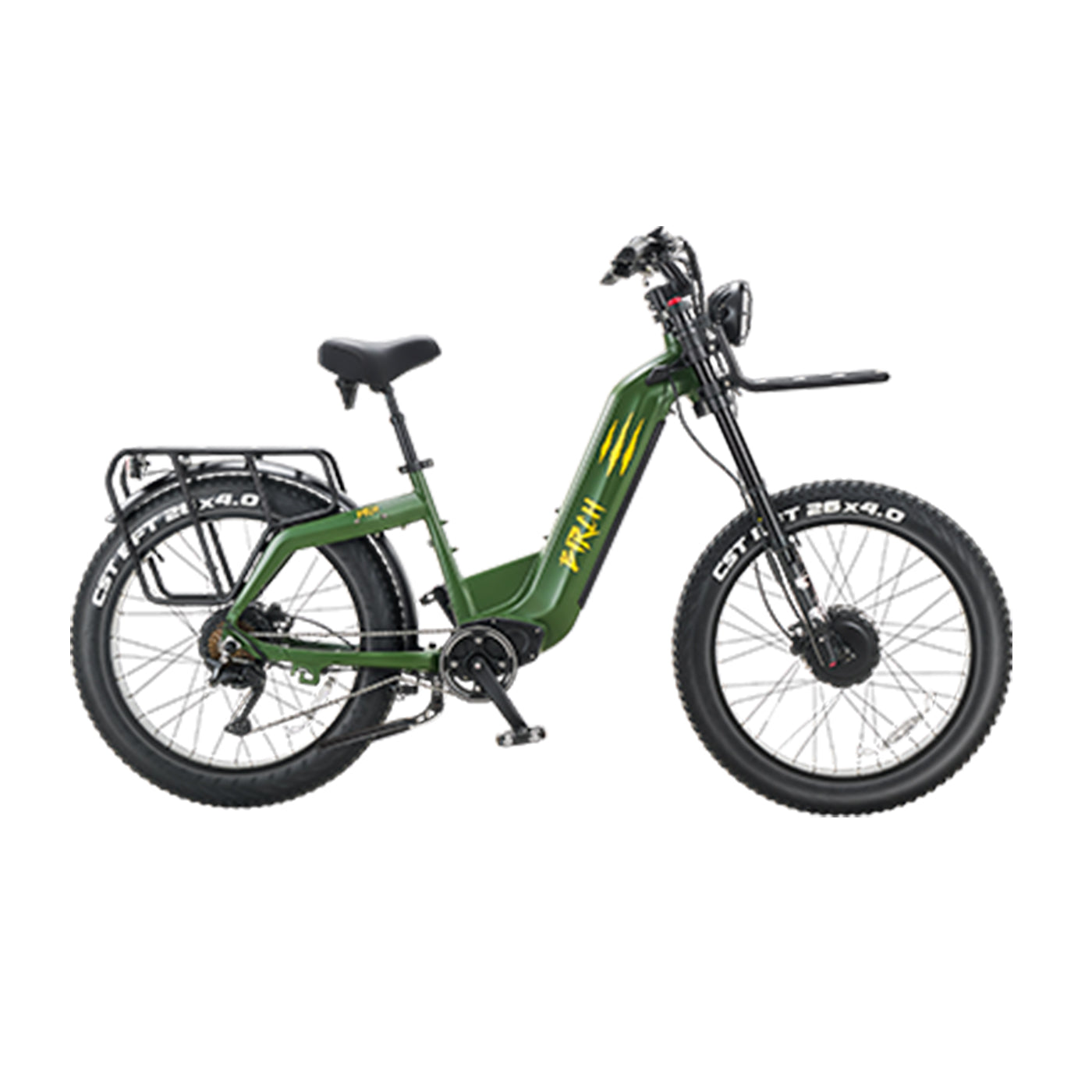
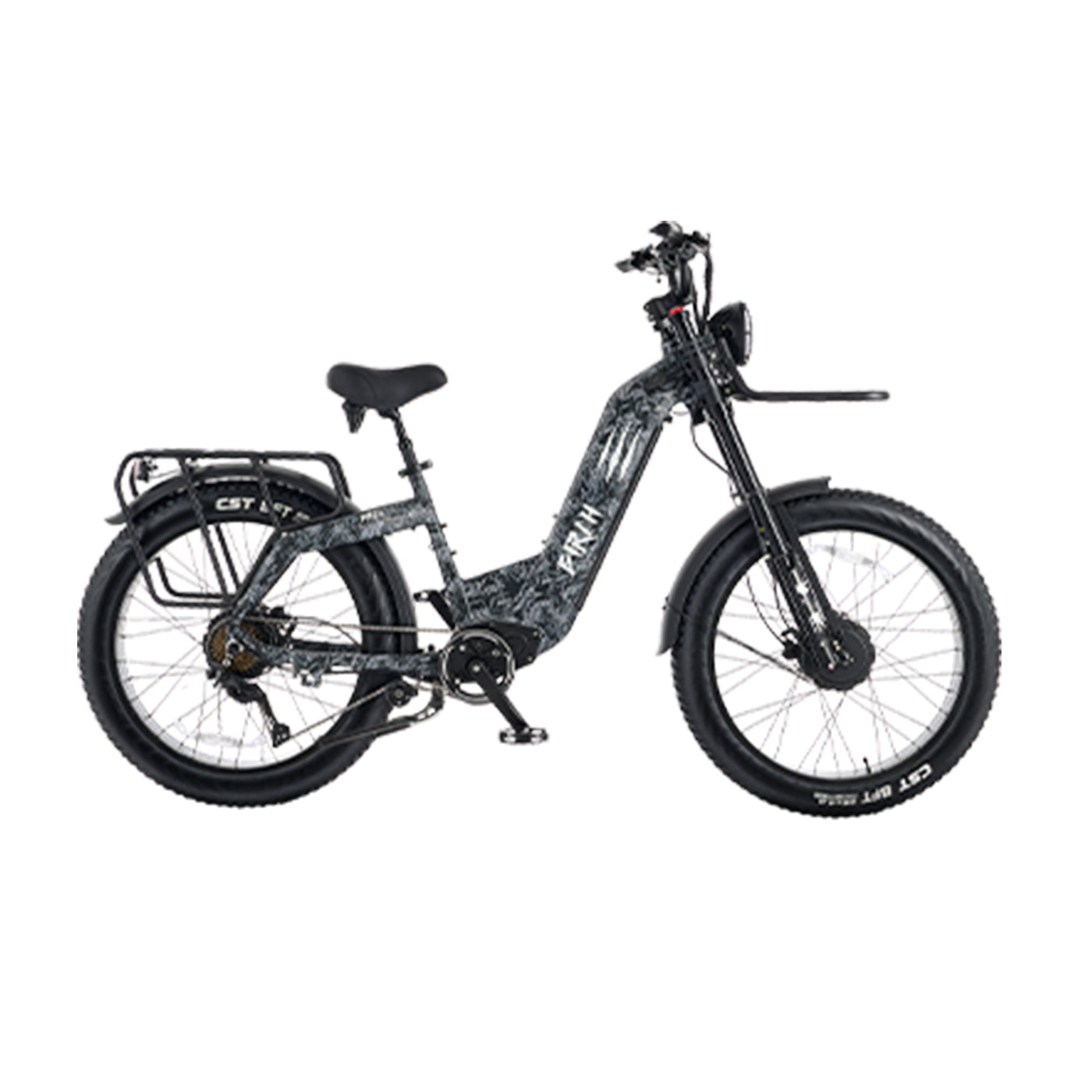
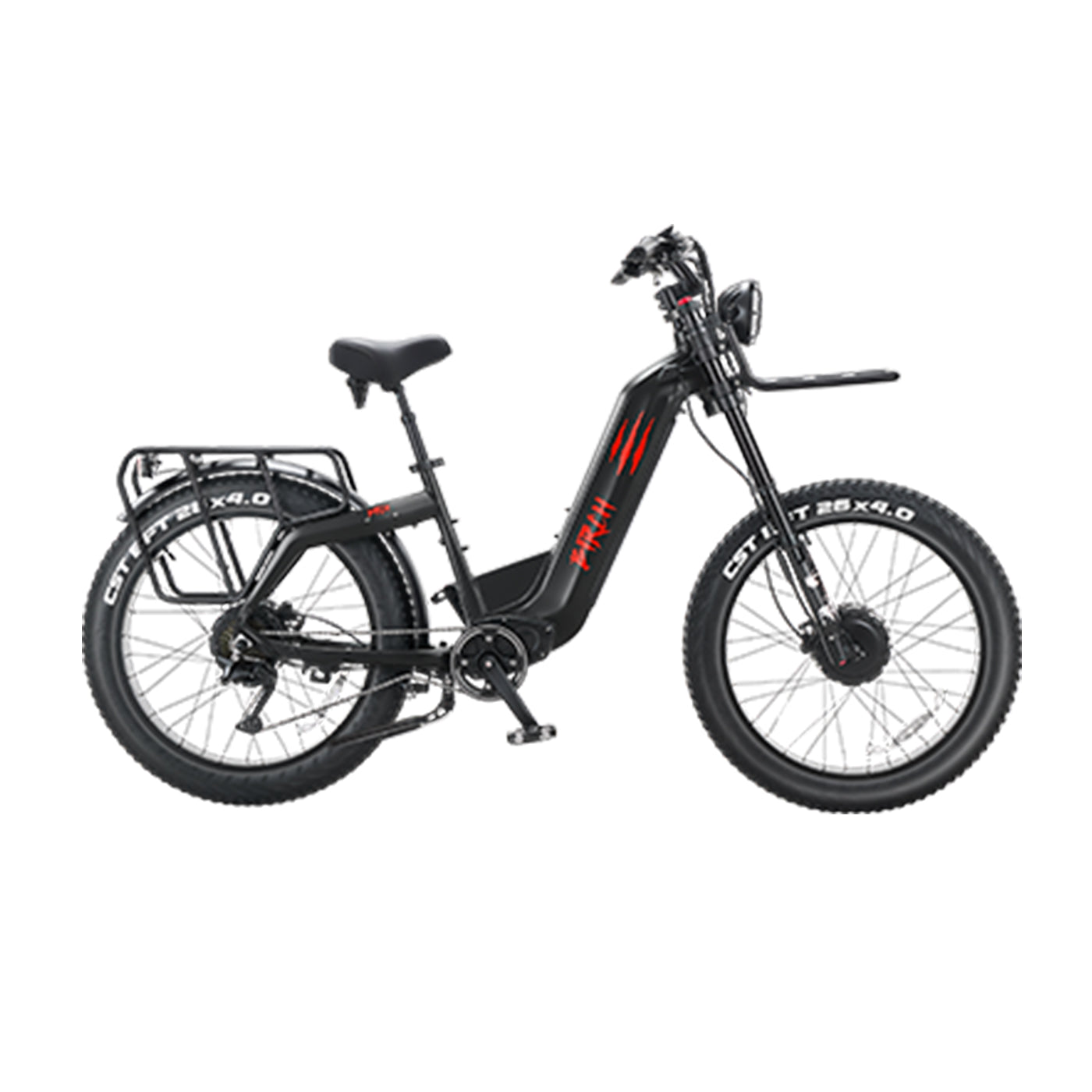
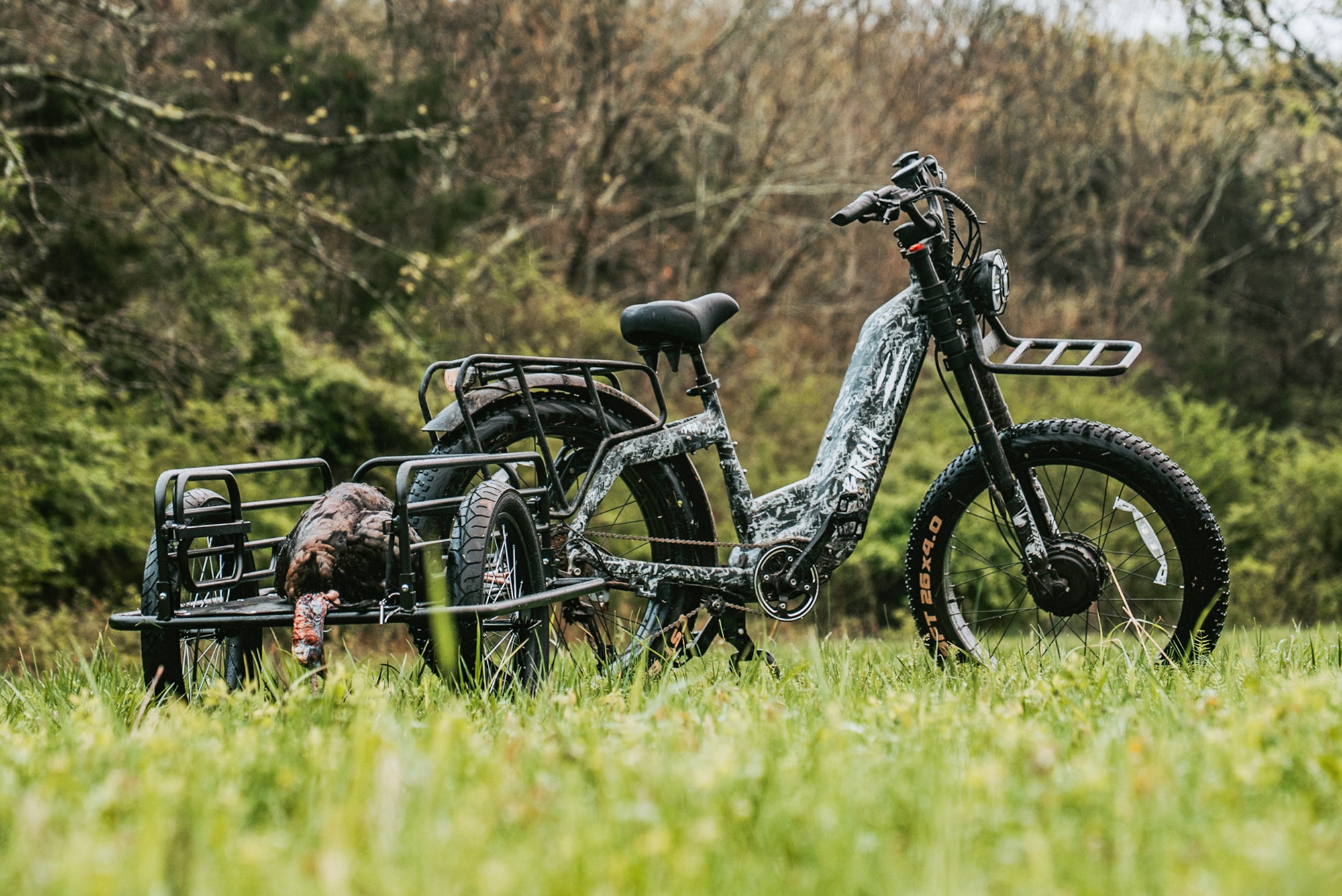
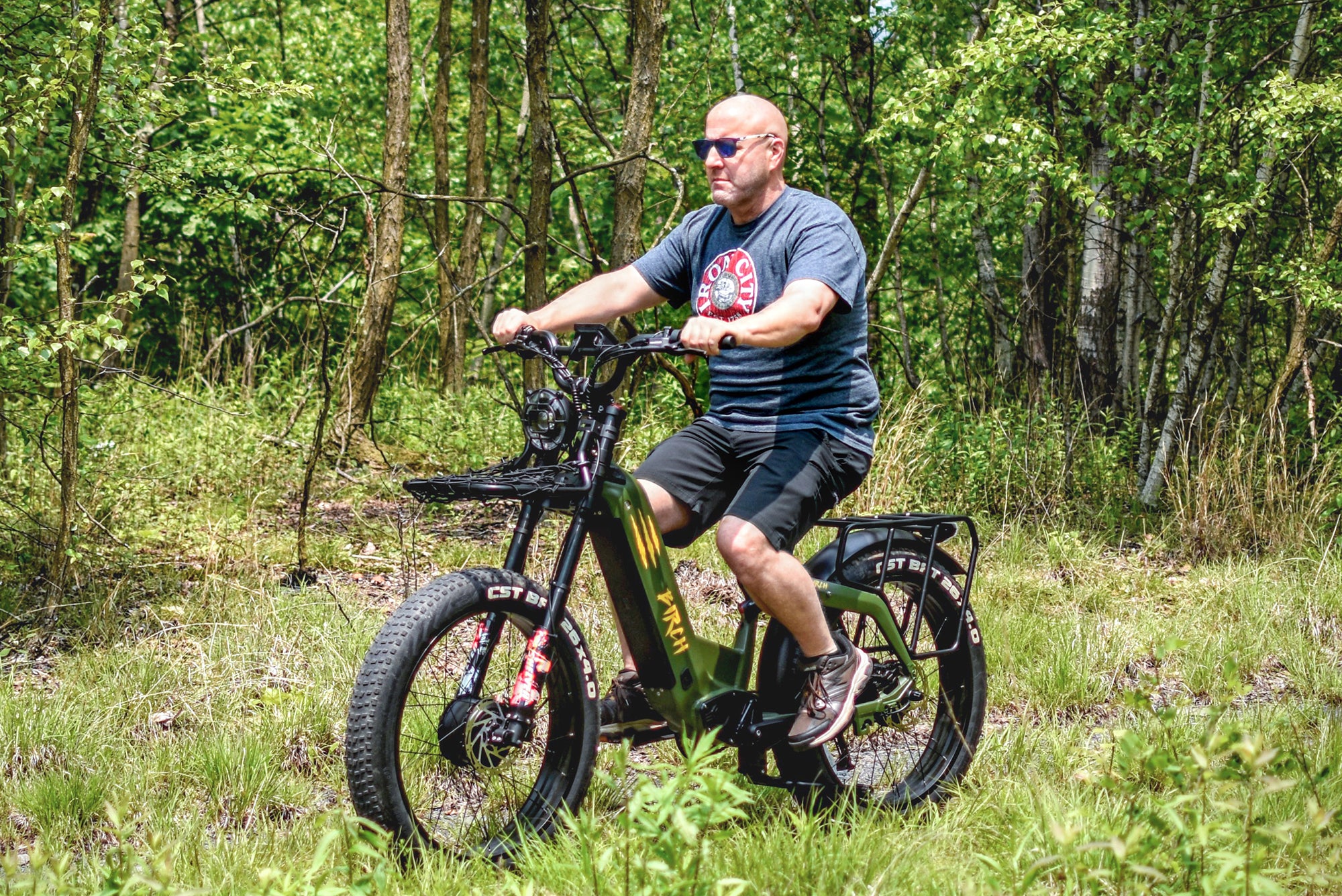

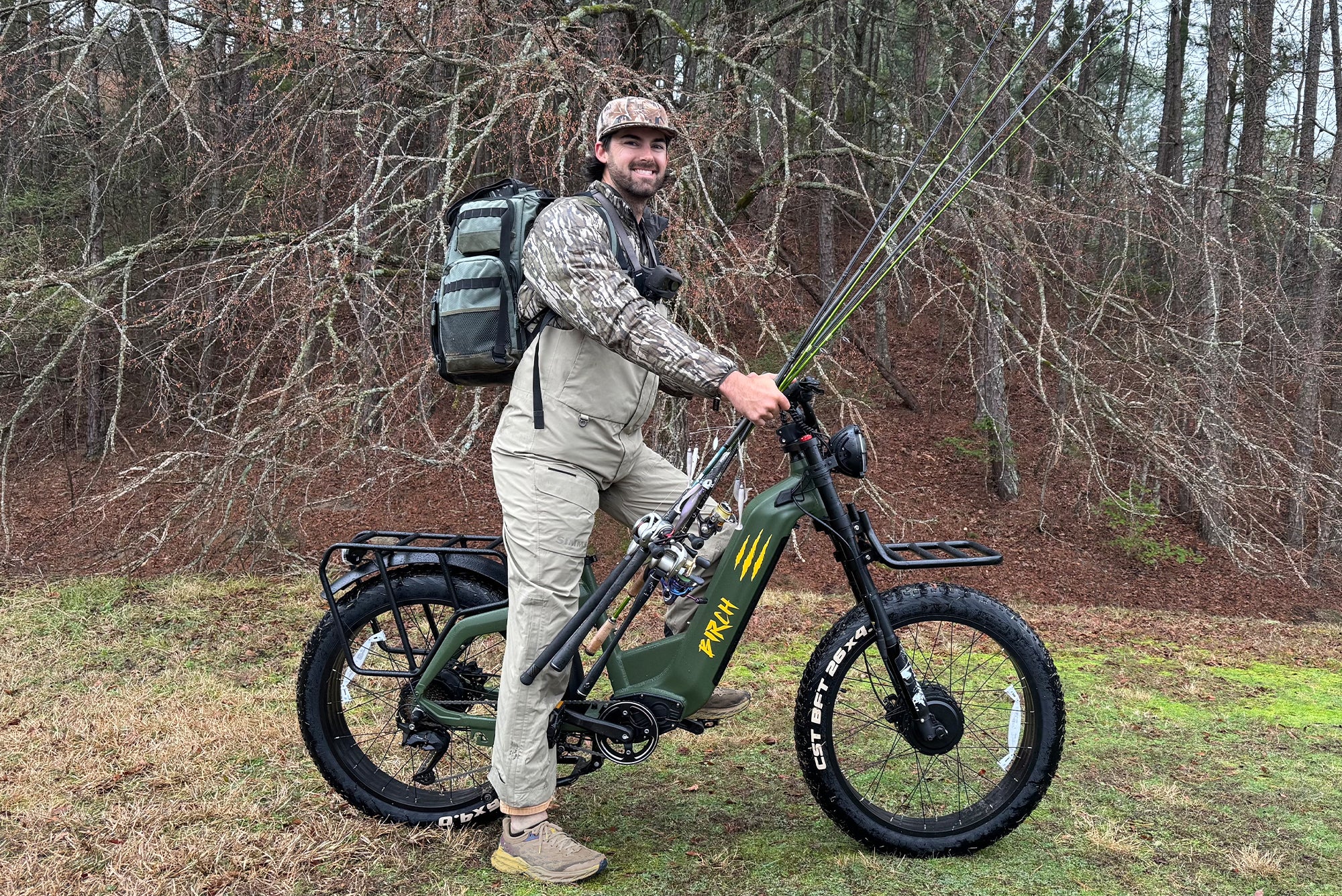







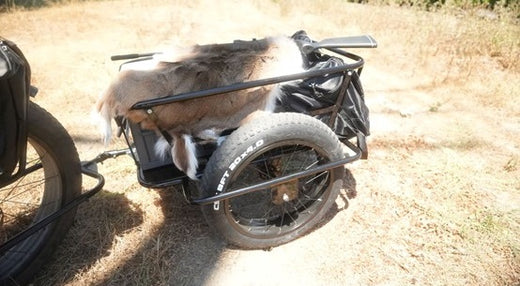
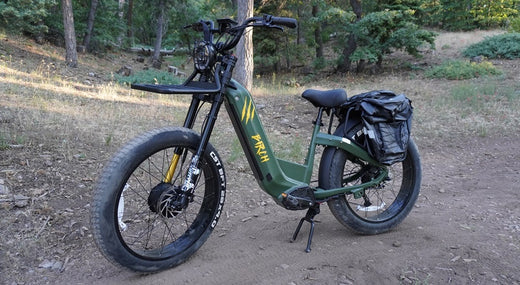
Leave a comment
All comments are moderated before being published.
This site is protected by hCaptcha and the hCaptcha Privacy Policy and Terms of Service apply.